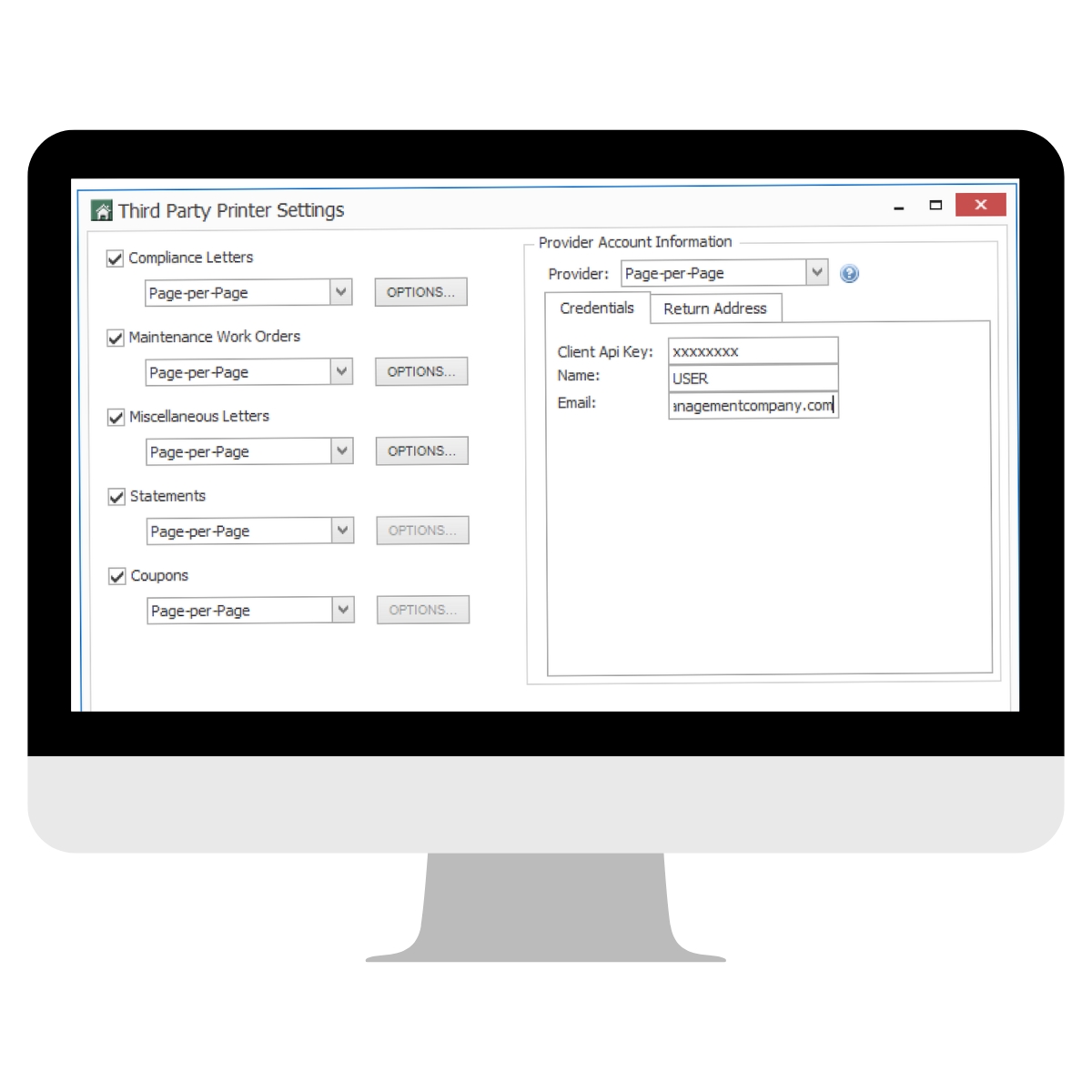As new communities continue to crop up, HOA developer transitions are becoming more common. This means that once a community is completed by a developer, it’s time for the homeowners to take the reins on maintaining common areas, vendor relations, and financing. While this is an exciting time, clear communication and organization are imperative to making the process seamless. Without it, you could find yourself with things like unpaid taxes or an incorrect deed. This is why having an HOA transition checklist is so important for new communities.
We will exclusively explore the HOA transition process for new communities, bearing in mind that transitions can occur in existing ones as well. You can also read about how HOAs can make the transition from self-managed to property management or how to change HOA management companies.
The following are tasks to complete before taking control of your new community, to make the transition as smooth as possible.
Start Early
Though the process of transitioning can take anywhere from 12 to 18 months, it’s important to get ahead by starting your association early so it’s fully functioning by the time homeowners take control. Great ways to get started include:
- Getting stakeholders on board (i.e. homeowners, leadership, etc.)
- Hiring an attorney to represent your interests
- Retaining an accountant to help with finances
- Contracting an engineer to survey your properties
Additionally, consider creating a dedicated “Transition Team.” This is a great way to keep things organized. This team would oversee every detail of the HOA turnover checklist and ensure a smooth exchange of ownership.
Review Contracts
You can prepare for your transition by hiring an attorney, who can help you conduct a careful review of the community’s current contracts. Developers often enter into them on behalf of the association. It’s essential to review and firmly understand these documents, which is why having someone with legal expertise is helpful.
Some binding documents you might receive include:
- Warranties of property owned and maintained
- Employment and service contracts
- Association contracts and regulations
It’s also important to note that while every state is different, some allow associations to escape contracts signed by developers if done within a certain amount of time.
Check the Financials
Reviewing contracts naturally leads to checking current financials, an important part of the transition. You may consider hiring a CPA to perform a cursory review of the financial records to ensure projected revenue exceeds expenses.
It’s especially important to check an HOA’s financial standings early because it will help to determine dues and assessments. Especially in the case where expenses exceed revenue.
Once figured, you can decide how to invoice homeowners. Creating and mailing dues and assessment reminders can be a daunting task, this is why you should consider turning to companies like Page Per Page to do it for you. They can fully streamline the process and quickly send professional invoices, reminders and announcements to the community so you can focus on getting a better understanding of your HOA accounting.
Meet Often
Though the financial side of a transition is important to ensure the successful start to an HOA, communication with the community, transition team and developer is crucial throughout the process. It ensures that everyone is on the same page.
This may mean meeting as often as once per week to go through every rule and regulation enacted by the developer to determine if it’s a long term option. This is especially important because making changes now will be easier than having the HOA members vote to alter them later.
Maintaining communication with homeowners through this process is important but can also be tedious. Making sure homeowners receive your meeting reminders or announcements and deciding how to keep them informed can cause unneeded stress. With your direction, companies like Page Per Page can help design and send any communication you have with a quick turnaround, taking the task off of your to-do list.
Ensure Your Documentation Is in Order
There are a lot of moving parts to a transition of ownership from developer to HOA, and smaller to-do’s can easily fall through the cracks. It’s critical to follow up on loose ends before all is said and done. For example, you should:
- Ensure you possess all documentation from the developer
- Verify that all accounts have been renamed over to the HOA
- Check that all appropriate contracts have been satisfied
- Verify that taxes have been paid
In general, make sure that you have followed every item on your HOA turnover checklist to its conclusion.
Transition with Ease
In closing out all the final details, you’ll ultimately realize how challenging and complex the transition process can be. Only with clear goals and open communication can it be seamless.
Luckily, you can lean on Page Per Page for help. Their experience in HOA marketing and communication can make the process of sending important mailers a breeze. They handle anything from HOA newsletters, HOA coupon books, reminders, and even HOA ballots.
Take the reins on your transition to ownership, and contact Page Per Page today for custom solutions for your association’s new community.





